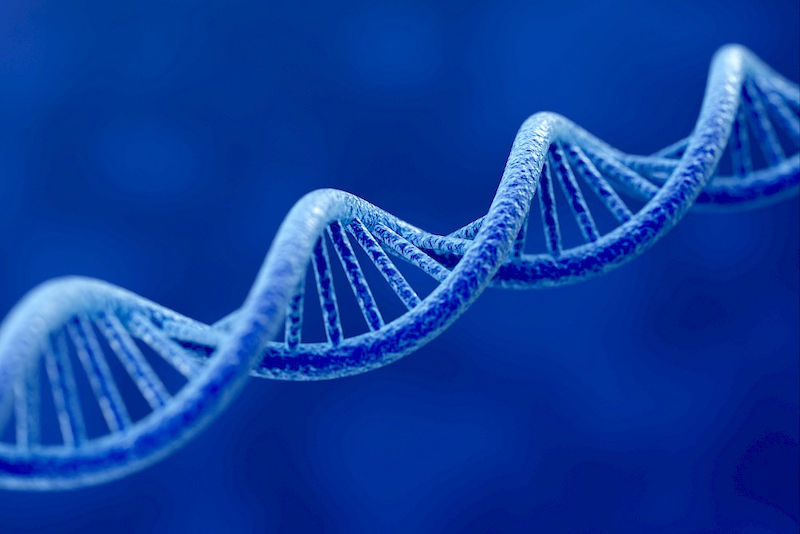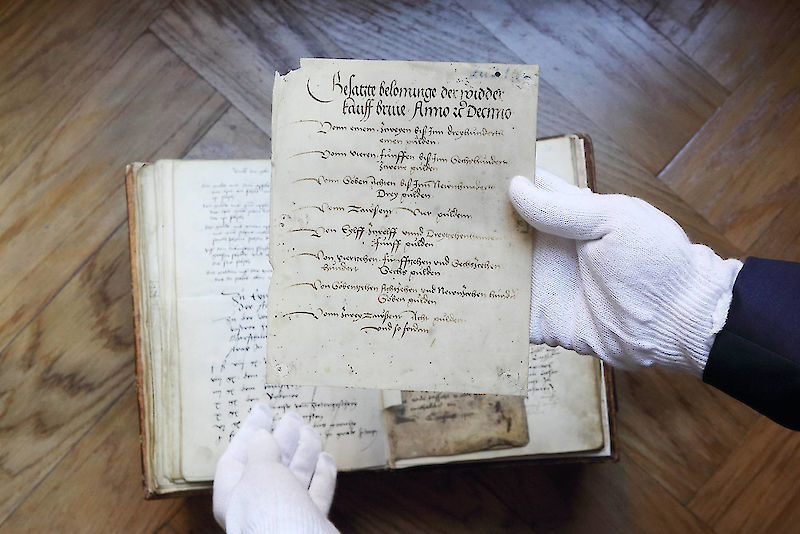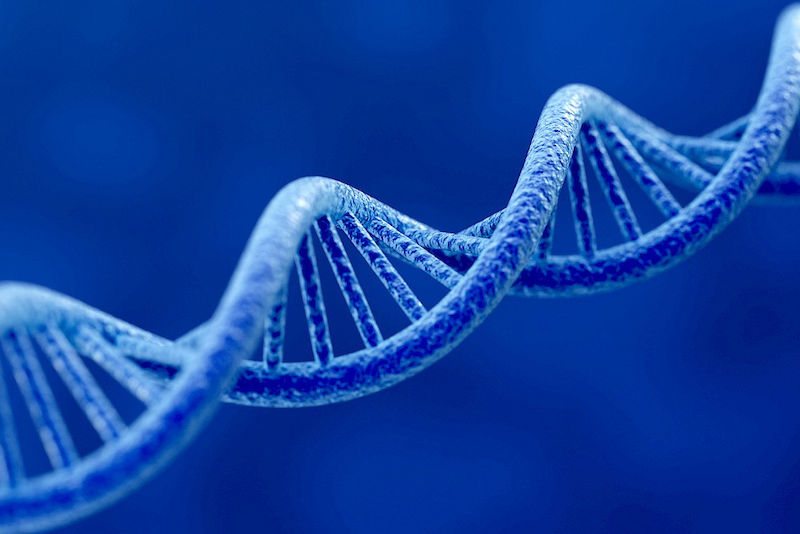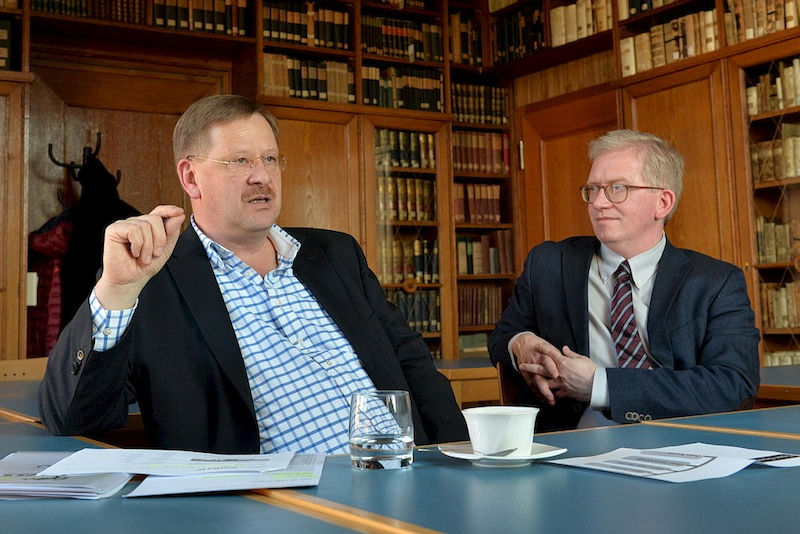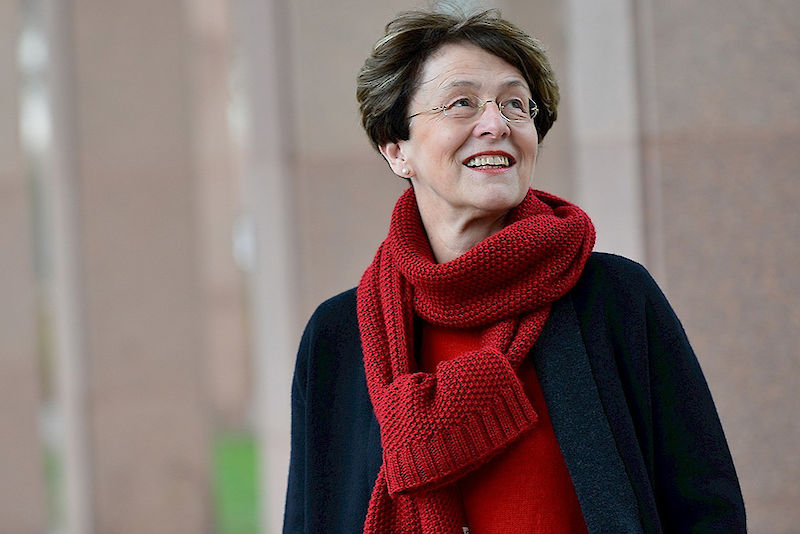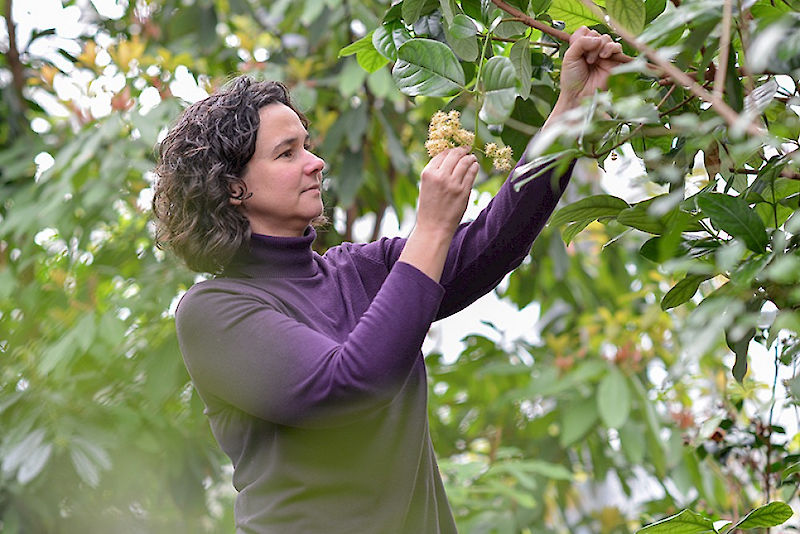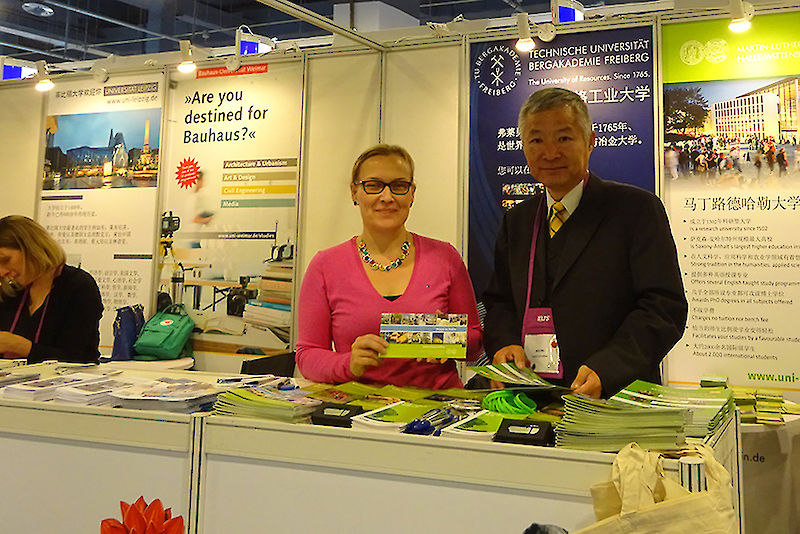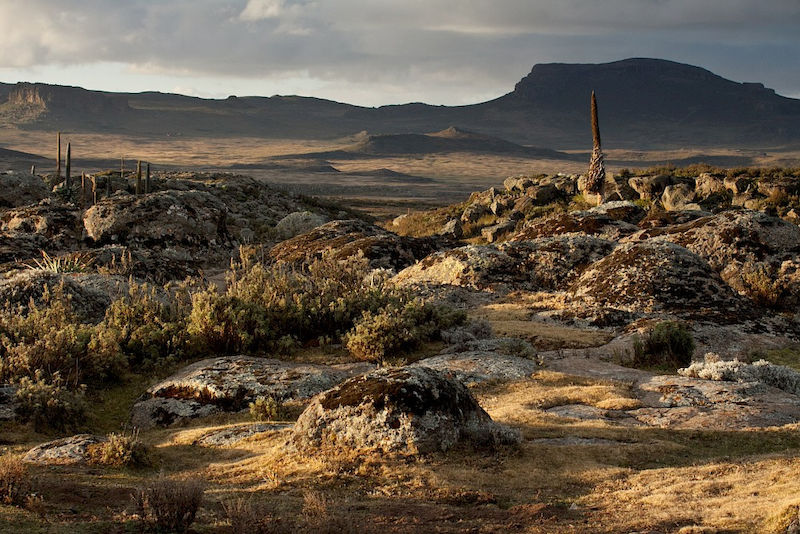
Ice age in Ethiopia: refuge in the mountains?
Did the people in Ethiopia take refuge in the mountains during the last great ice age 16,000 years ago? An international team of soil scientists, archaeologists and biologists are conducting research on this as part of a new project entitled “The Mountain Exile Hypothesis”. To do this, soil scientists from Halle will be traveling to the remote Sanetti Plateau to examine the soil there and use modern biogeochemical methods to look for traces of mankind that are thousands of years old. Read more

